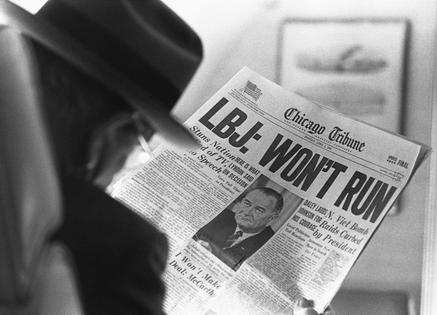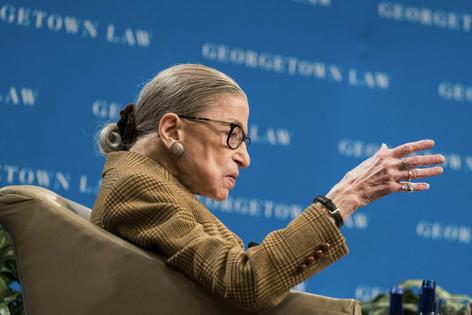Knowing when to call it quits takes courage and confidence - 3 case studies
Published in News & Features
After President Joe Biden’s disastrous performance at the June 27, 2024, debate, many Democrats have raced to ring the alarm bell, proclaiming that it’s time for him to step aside, time to let someone else take the reins in hopes of defeating Donald Trump in November.
With that in mind, as political scientists with a side interest in sports, we recount three moments from history when men and women faced the difficult decision to stay or go. We hope they will help inform the current discussion.
We begin with two who worked at the highest levels of power in the U.S.:
On the final night of March 1968, President Lyndon B. Johnson, known universally as “LBJ,” spoke to the nation from the Oval Office to say that the United States would unilaterally halt nearly all its bombing in North Vietnam.
But as his address came to a close, he had something more to say:
Shocking his audience, LBJ added: “I shall not seek, and I will not accept, the nomination of my party for another term as your president.”
Johnson was 59 years old. Three-and-a-half years earlier, he had scored one of the greatest landslides in American history, winning 61% of the vote and 44 states in the 1964 presidential election.
A scant few individuals so aptly defined the term “political animal” as LBJ. He had come to Washington as a young man bursting with ambition and succeeded like few others.
Indeed, since becoming president after John F. Kennedy’s 1963 assassination, Johnson had ushered through Congress an avalanche of progressive legislation, including the historic 1964 Civil Rights and 1965 Voting Rights acts. With the possible exception of Franklin D. Roosevelt, no other president had achieved so much legislatively.
But on that March day in 1968, at a time of growing antiwar protests and the accelerating pull of rival candidates for the Democratic nomination, he understood that he now led a country coming apart at the seams. Despite having declared his candidacy for reelection, seeking another term might make things worse.
...continued













Comments